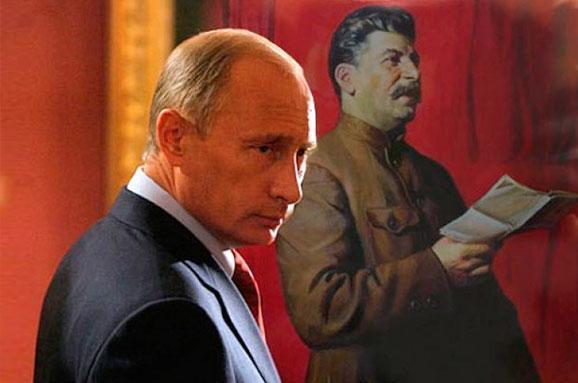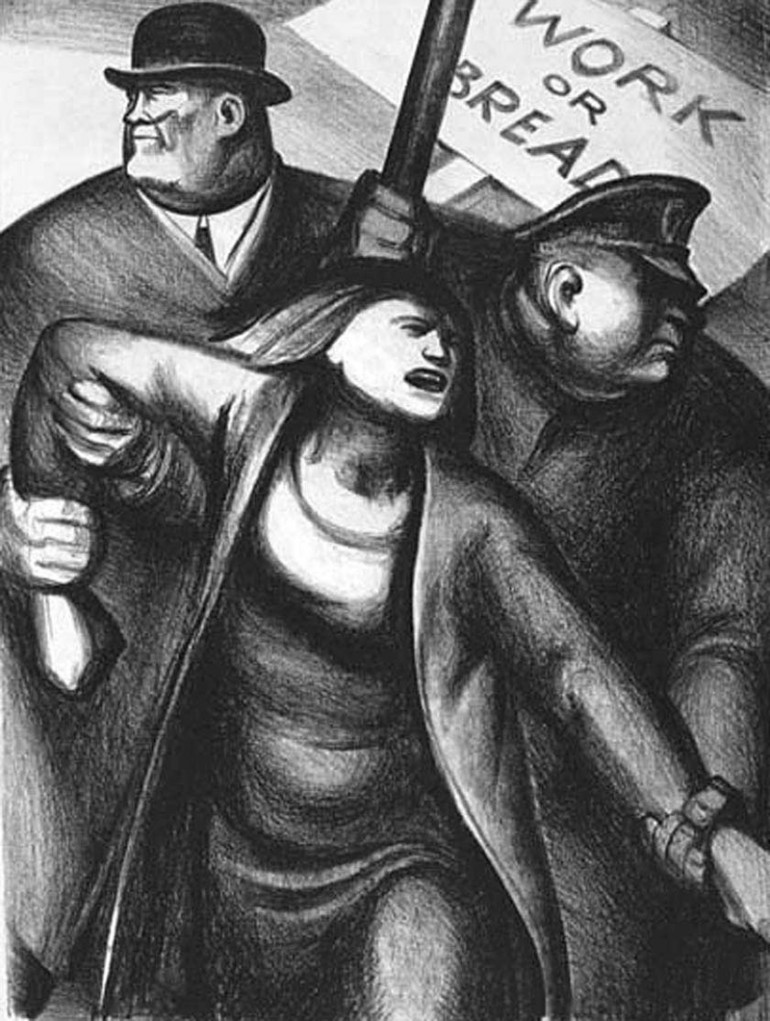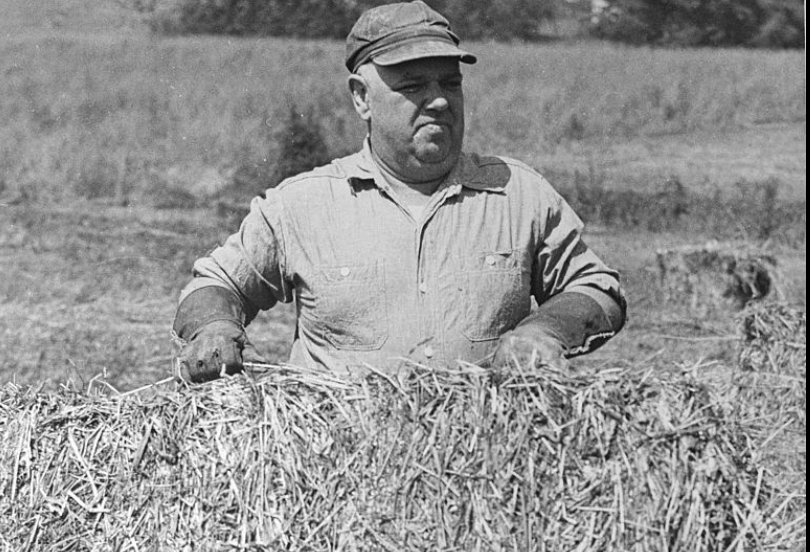- Articles
- Commonweal
- TIME – Reviews
- TIME – Articles
- TIME – Cover Stories
- TIME – Foreign News
- Life Magazine
- Harper’s: A Chain is as Strong as its Most Confused Link
- TIME – Religion
- New York Tribune
- TIME
- National Review
- Soviet Strategy in the Middle East
- The Coming Struggle for Outer Space
- The Left Understands the Left
- To Temporize Is Death
- Big Sister Is Watching You
- Springhead to Springhead
- Some Untimely Jottings
- RIP: Virginia Freedom
- A Reminder
- A Republican Looks At His Vote
- Some Westminster Notes
- Missiles, Brains and Mind
- The Hissiad: A Correction
- Foot in the Door
- Books
- Poetry
- Video
- About
- Disclaimer
- Case
- Articles on the Case
- Hiss Case Coverage: TIME 1948
- Hiss Case Coverage: TIME 1949
- Hiss Case Coverage: TIME 1950
- Hiss Case Coverage: TIME 1951
- Hiss Case Coverage: TIME 1952
- Trial by Typewriter
- I Was the Witness
- The Time News Quiz
- Another Witness
- Question of Security
- Fusilier
- Publican & Pharisee
- Recent & Readable
- Recent & Readable
- Kudos
- Letters – June 16, 1952
- Readable
- Letters – June 23, 1952
- Recent & Readable
- Recent & Readable
- Recent & Readable
- Nominee for Veep
- Recent and Readable
- Recent and Readable
- Democratic Nominee for President
- Recent & Readable
- Recent & Readable
- Fighting Quaker
- Recent & Readable
- Recent & Readable
- Recent & Readable
- Timely Saints
- Nixon on Communism
- People
- Who’s for Whom
- 1952 Bestsellers
- Letters – December 15, 1952
- Year in Books
- Man of Bretton Woods
- Hiss Case Coverage: TIME 1953
- Hiss Case Coverage: TIME 1954
- Hiss Case Coverage: TIME 1955
- Hiss Case Coverage: TIME 1956-1957
- Private
Withdraw ‘Whittaker’
Why take ‘Whittaker Chambers’ out of NRI awards
By David Chambers | March 14, 2019
[Note: On March 21, 2019, National Review promised to publish the following essay over the weekend following presentation of the 2nd biennial Whittaker Chambers Award (March 30-31, 2019) but in fact did not – so we are now – March 31, 2019]
Last month, National Review and the National Review Institute announced the second “Whittaker Chambers Award.” Soon after, a request came to stop using “Whittaker Chambers” for an award name in future. They agreed.
“Whittaker Chambers Award“
The request came from us, the Whittaker Chambers Family. “We” are the surviving child of Whittaker Chambers and his grandchildren. We disagreed with the first awardee. We asked NR to include us in deciding the second awardee.
NR had agreed to include us. Instead, NR and NRI announced again without our input.
In such light, we say, stopping in future is not enough. We now ask NR and NRI to withdraw the name “Whittaker Chambers” from past and current awardees, in all instances, including online.
All of us agree: the efforts of the two awardees run counter to the instincts and experience of Whittaker Chambers. All of us agree: their efforts have not matched his. Again, we ask NR and NRI to remove the name “Whittaker Chambers” from awards past, present, and future.
No doubt, NR and NRI can find another hero who would gladly have her or his name on such a prestigious award.
We look forward to NR and NRI’s honoring our request.
We thank NR for publishing this request publicly.
As family historian, let me share some reasons why the awardees and their efforts so mismatch an award in the name of Whittaker Chambers.

Regarding Mr. Hannan, I feel certain Whittaker Chambers would not have supported Brexit.
He would see the European Union as stabilizing a Europe ravaged by two world wars in his lifetime. He would happily see the former enemy Germany part of the EU. He would see the UK’s seceding from the EU as playing into the hands of Russia’s new Stalin, Vladimir Putin.
Readers may recall that his NR essays of 1957-1959 often worried about Soviet (today, Russian) aggression. Titles included “Soviet Strategy in the Middle East,” “The Coming Struggle for Outer Space,” and “Missiles, Brains and Mind.” Those titles sound fresh even today. That is because he kept his eye on the larger forces at work in the world. He was afraid: “War on the scale of the worlds, annihilation, space and its command, a visible nearness to the brink of unheard-of disaster.” His words sound disconcertingly current, although published by NR in 1958 (“Some Untimely Jottings“).
He would have seen Brexit as pure foolishness.

Regarding Mr. Janus, I feel certain Whittaker Chambers would not have supported Janus v. AFSCME.
True, Whittaker Chambers was leery of labor unions—when infiltrated by Communists. In the 1930s, he had seen fellow spy-ring member Lee Pressman join the Congress of Industrial Organizations as legal counsel. Another fellow spy John Abt joined the Amalgamated Clothing Workers as legal counsel. (The CIO ousted Pressman in 1948; Abt left the ACW voluntarily.) In the 1920s, he had seen colleagues at the Daily Worker newspaper double as apparatchiks—covert labor agitators who then reported on their own AgitProp activities in the paper. (These included Earl Browder, later head of the Communist Party USA—see Witness p225.)
However, few readers may realize that Whittaker Chambers married into a union family. His wife Esther Shemitz worked for the International Ladies’ Garment Workers’ Union. Her brother Reuben Shemitz was a labor lawyer. Her nephew Nathan L. Levine, too, was a labor lawyer. (Both testified in the Hiss Case.) These are public facts. Family members know that her sister Sophie Shemitz was a hat-makers union member.
Readers may recall that Esther Shemitz and Whittaker Chambers first met at the 1926 Passaic textile strike (see Witness, pp231-2). A few readers may know that the police beat Esther Shemitz there.

Readers will remember that Whittaker Chambers became as much farmer as writer. He wrote the NR essays “Some Westminster Notes” and “A Westminster Letter” from his farm. His posthumous memoir Cold Friday often talks of farm matters.
He had great respect for both farming and industrial workers. He never opposed their organizing. He worked his farm cooperatively with neighbors; his son still does.
Keep in mind that opposing Communism in no way implies opposing unions.
Notes:
- Jacob Burck (1907-1982) was a Pulitzer Prize winning artist who studied at the Art Students League with Esther Shemitz. ↩
Archives
Tags
Adolf Berle Alexander Ulanovsky Alger Hiss Arthur Koestler Atlas Shrugged Ayn Rand Benn Steil Cold Friday Cold War Communism Dwight Eisenhower FDR George W. Bush Ghosts on the Roof Harry Dexter White Harry Truman Hiss Case House Un-American Activities Committee HUAC Ignatz Reiss John Loomis Sherman John Maynard Keynes Joseph McCarthy Joseph Stalin Karl Marx Leon Trotsky Max Bedacht Middle East National Review Peter the Great Pumpkin Papers Ralph de Toledano Richard Nixon Ronald Reagan Sputnik TIME magazine Tony Judt Vladimir Lenin Walter Krivitsky Westminster Whittaker Chambers William F. Buckley William F. Buckley Jr. Winston Churchill YaltaArt Resources
- B&W Photos from Farm Security Administration-Office of War Information Collection
- Life of the People: Radical Impulse + Capital and Labor
- Art of Marxism
- Comrades in Art
- Graphic Witness
- Jacob Burck
- Hugo Gellert + Gellert Papers
- William Gropper
- Jan Matulka: Thomas McCormick Gallery + Global Modernist
- Esther Shemitz Chambers
- Armory Show 1913
Pages from old website
Official website of Whittaker Chambers ( >> more )
Spycraft
- China Reporting
- CIA
- CIA – Alger Hiss Case
- Cold War Files
- Cold War Studies (Harvard)
- Comintern Online
- Comintern Online – LOC
- CWIHP – Wilson Center
- David Moore – Critical Thinking and Intelligence Analysis
- DC Writers: WC Home
- Economist – Espionage
- Essays on Espionage
- FBI – Rogue DNS Checker
- House – Hearing 08/25/1948
- House – Hiss Subpoena
- InfoRapid: WC
- Max Bedacht
- New York Times – Espionage
- NSA – FOIA Request
- PBS NOVA – Secrets Lies and Atomic Spies
- Richard Sorge
- Secrecy News
- Sherman Kent – Collected Essays
- Spy Museum – SPY Blog
- Thomas Sakmyster – J Peters
- Top Secret America – Map
- UK National Archives
- Vassiliev Notebooks
- Venona Decrypts
- Washington Decoded
- Washington Post – Espionage
- Zee Maps
Libraries
- American Commissar by Sandor Voros
- American Mercury – John Land
- American Writers Museum
- Archive.org – HUAC
- Archive.org – Lazar home
- Archive.org – Lazar Report
- Archives.org: 1948 – Hearings
- Archives.org: 1950 – Sherman Lieber
- Archives.org: 1951 – Sorge
- Archives.org: Ernie Lazar FOIA
- Archives.org: Ernie Lazar FOIA Collection
- Bio – Bennet Cerf
- Bio – Zara Witkin
- Bloomsburg University: Counterattack
- Bloomsburg University: Radical Publications
- Brooklyn Eagle 1948
- Centre des Archives communistes en Belgique
- CIA FOIA WC
- Daily Worker (various)
- Daily Worker: Marxists.org
- DC – Kudos
- DC – ORCID
- DC – ResearcherID
- DC – ResearchGate
- DC – SCOPUS
- Digital Public Library of America
- Erwin Marquit – Memoir
- FBI
- FBI Vault – WC
- Google: Books – WC
- GPO – WC
- GW – ER Papers: WC
- GWU: Eleanor Roosevelt WC
- Harvard College Writing Center – WC Summary
- Hathi: WC
- IISH: Marx Engels Papers
- ILGWU archives
- Images AP
- Images Corbis
- Images Getty Time Life
- Images LOC
- INKOMKA Comintern Archives
- International Newsletter of Communist Studies (Germany)
- JJC/CUNY – HC
- Labor Archives in the United States and Canada
- Life – WC
- LOC LCCN WC
- NBC Learn K-12: Spy Trials
- New Masses (Archive.org) 1926–1933
- New Masses (Marxists.org) 1926–1933
- New Masses (USussex) 1926–1938
- NSA: FOIA requests
- Ollie Atkins Photos
- Open Library: WC
- People: WC
- Poetry: Defeat in the Village
- PSA Communism
- SLU Law: HCase
- SSRN: Berresford – Hiss Case
- SUFL: Collections
- Tamiment: Collections
- Truman Library – John S. Service
- Truman Library – Oral Histories
- Truman Library – WC
- UCBerk * eBooks
- UCBerk: China – Edgar Snow
- UCBerk: China – Grace Service
- UCBerk: China – Kataoka
- UCBerk: China – Mackinnon
- UCBerk: China – Owen Lattimore
- UCBerk: China – Stross
- UCBerk: France – Revolution
- UCBerk: Russia – Bread 1914-1921
- UCBerk: Russia – Comintern
- UCBerk: US – Conservatism WC
- UCBerk: US – Hollywood Weimar
- UCBerk: US – James Joyce
- UCBerk: US – Lawyers
- UCBerk: US – NY Intellectual
- UCBerk: US – Waterfronts
- UCLA Library Film & TV Archive
- UK National Archives: WC
- UMich: Salant Deception
- UPenn: US – Left Ephemera Collection
- UPitt: US – Harry Gannes
- USDOE
- USDoED
- USDOJ
- USDOS
- Wall St + Bolshevik Revolution – Anthony Sutton
- Wikipedia A-D
- WikiSearch WC
- WordPress themes – Anders Noren
- x FSearch – WC

